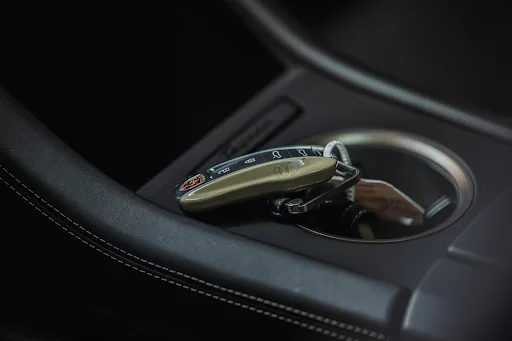5 minute read
No matter if this is your first time buying a car, or you are upgrading, purchasing a vehicle is a major decision that can be both thrilling and intimidating. It’s important to be familiar with some of the tips and to be well-prepared so that you can make the best decision. We’ve compiled six top tips that will make your car purchase go smoother, smarter, and ultimately more satisfying.
Set Budget
The first step in this purchasing process is determining how much money you have in your budget. Important things to consider are not only the initial purchase price but also the ongoing expenses, such as insurance, gas, maintenance, and registration fees. When making your budget, you should also consider whether you are buying the car outright or through a loan. Before you sign any loan contract, be completely sure that you can afford those monthly installments. One of the general rules is that you avoid spending more than 15% of your monthly salary on car payments. Be sure to set aside some extra money in your budget in case you end up needing unexpected repairs or upgrades.
Do Your Research
After considering your budget, the next step is to do your research. There are a variety of cars from which you can choose, so it’s important to know what you expect from your vehicle in terms of size, performance, fuel efficiency, security features, and technology. The internet is the best resource for finding this information, checking reviews, car shopping, comparing different models, and seeing detailed specifications of every model. Before buying your new car, make sure you do complete research. For example, you might come across a Chevrolet Malibu review that highlights key aspects of this midsize sedan, such as its smooth ride, spacious interior, and advanced safety features. This way, you can find models that are a suitable fit for your tastes and demands.
Decide Between New or Used
Another decision you have to make when buying a car is choosing between a new or used one. You should consider your budget and personal preferences carefully before making this decision since both options have their advantages and disadvantages. Brand-new cars include a complete manufacturer’s guarantee, better fuel efficiency, and modern technology. However, their value can drop lower faster compared to used cars. The value of a new car can be reduced by almost 20% in the first year. On the other hand, if you want to spend less money, buying a used car is the right thing for you. Many newer models come with certified pre-owned programs that include things like inspections and warranties. The disadvantage here is that sometimes there can be some mechanical problems that you can’t see when you are buying the car, and there are fewer customization options. If you decide on a used car, it’s important to verify that it hasn’t been involved in accidents or suffered some major damage.
Consider Financing Options
If you are not paying for your new car all in cash, then financing options are something you should carefully consider. What can help you with financing your new vehicle is a dealership, bank, or credit union. Banks or credit unions are usually a better option since they offer better interest rates, especially if you have good credit. Also, while comparing loan terms, you should think about the whole duration of the loan. Even though the monthly payment can be a cheaper option with a longer loan period, the total interest paid will be higher. Determine an affordable loan term and stick to it to minimize the cost of interest.
Test Drive
Alongside searching for online reviews, test driving is a great way to get to know a car. This step is important for trying out the car’s comfort, handling, and performance. Make sure the seats are comfortable and that you have good visibility in the vehicle. Feel free to try out several cars in one day so that you can get the feeling for each one.
Negotiate the Price
After you’ve chosen your car, now it’s time to negotiate its price. Although many people skip it, this step can result in saving quite an amount of money. Firstly, look up the price of the exact car model in your area so that you can have a solid foundation for negotiation. In this process, be kind but firm, and don’t be shy to negotiate for better terms; after all, there is one goal for both of you – buying the vehicle.
If you follow these tips, the whole process of buying a car can be a lot easier and more enjoyable. Keep in mind that buying a car isn’t the only important thing: getting the perfect vehicle that suits your demands and budget for the long term is even more important.





